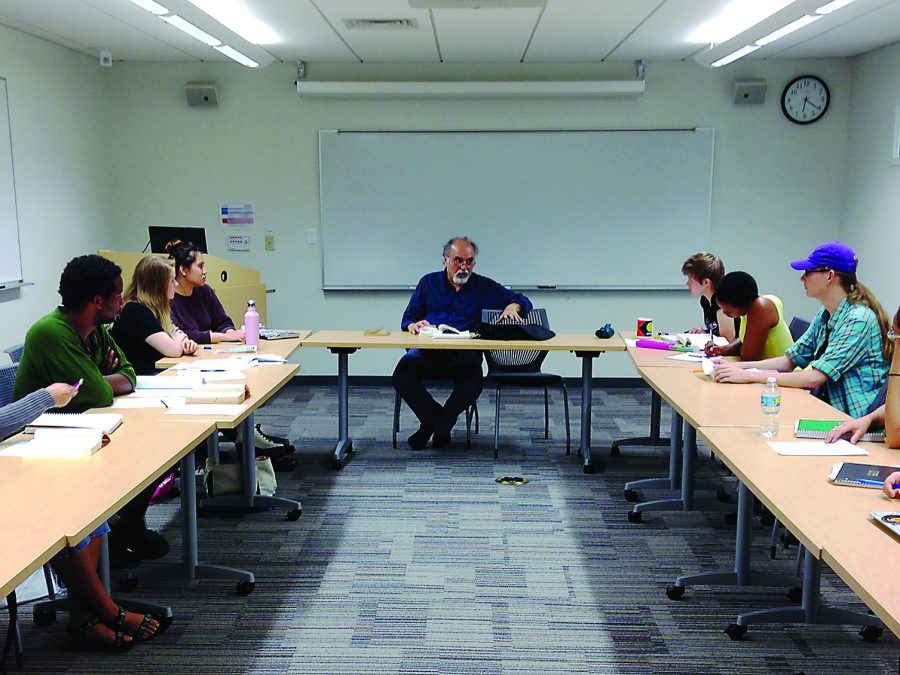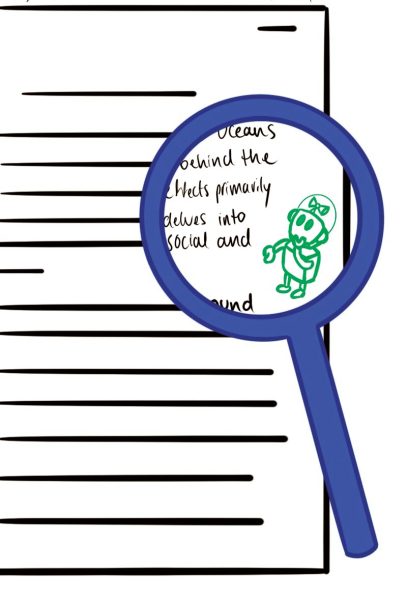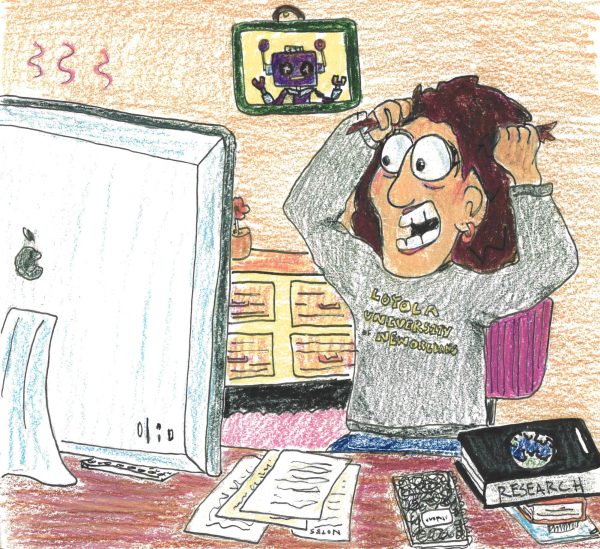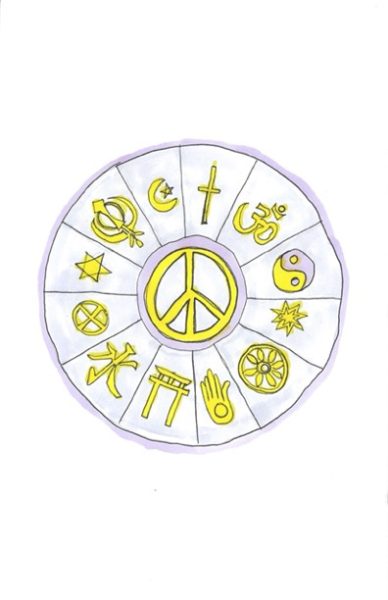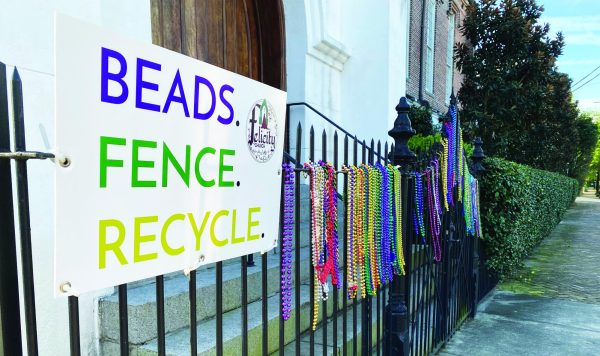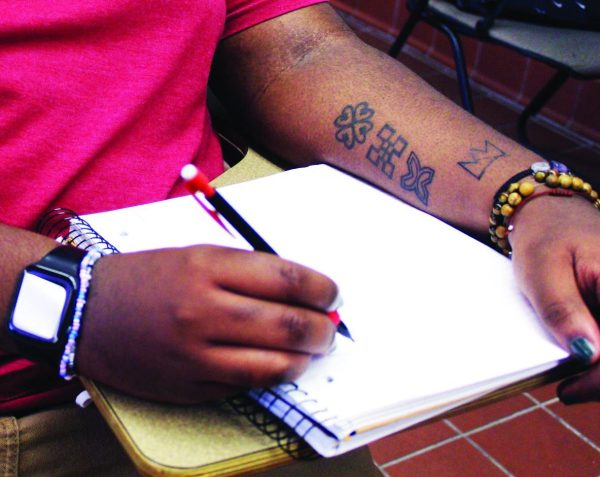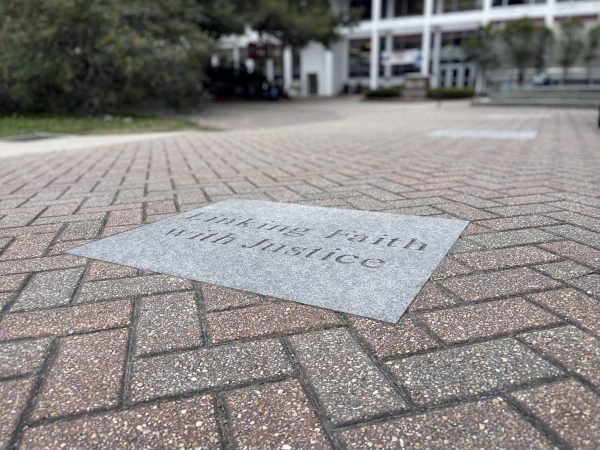Opinion: We need to move beyond a superficial understanding of the Middle East
September 14, 2016
/Summer Abukhomra
History senior
Tolerance and understanding are a necessity in today’s world. Our Jesuit education encourages us to care for the individual, treat others with respect and approach all situations with critical thought. At Loyola University, our Middle Eastern peace studies department helps students to understand and appreciate a culture which often falls victim to various misconceptions. This department offers a variety of classes, including History of the Middle East and Islam and the Israeli-Palestinian Conflict. The director of the department, Behrooz Moazami, strongly encourages students to be truth seekers in life and activists in the community. Moazami, like many other professors at Loyola, is more than willing to go above and beyond to encourage students to work hard and step into the classroom with an open mind.
The fate of the Middle East has been unclear for some time now. The region is influenced by various militias, religious and political groups, terrorist and anti-terrorist organizations, NGO’s and opposing ideologies, each clashing with the other. There is a desire for control of the Middle East within the region both by totalitarian governments as well as Western nations. Meanwhile, the diverse beauty of this historically-rich region becomes lost amid the constant chaos. The media paints a picture of a decimated Middle East–a skeleton of what it once was.
We recall the ugly destruction of the Iraq War, but not the architecture of the towering Great Mosque of Samarra, built in A.D 851. The media regularly discusses the Sunni-Shia rivalry sprouting across the Middle East, but not the coexistence between the two, which has reigned for centuries. We hear of the massacre of the Yazidi people by the blood-thirsty Islamic State, but not of the many ethnic groups which bring diversity to the region. This is not to downplay the horrific events which have occurred, but rather to show how these events have clouded our idea of the Middle East and those who hail from that region. We fear what we do not know or understand. Our current perceptions of the Middle East are generally formed by political intolerance and social ignorance, and we can only fight that through education. The need for a Middle East peace studies department is more essential today than ever.


